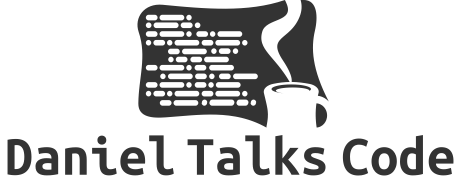Becoming an Explorer
Have you ever felt overwhelmed or paralyzed by a decision, particularly when making a career choice? If so, this post is for you. While it may not solve all your problems, it offers a mindset shift that could help.
For context I’ll provide a brief paragraph on my background. I began my career as a photographer specializing in actor headshots, portraits, and events. Then one summer I got a job answering customer emails for the company that hosted my website and was exposed to the world of programming. I taught myself basic web development and JavaScript, then a little of iOS development, and later Android development. I’m currently working as a Senior Software Engineer in Test (SET) specializing in mobile automated testing.
From a distance it may seem as though I’m not content with a single specialty or haven’t chosen a destination. Furthermore, I also fear disappointing my mentors and family by not committing to a single path. However, the world of programming offers endless exciting possibilities and I’ve learned that it’s natural to want to explore it all.
I’ve you’ve ever played an open world video game like The Legend of Zelda: Tears of The Kingdom, my current obsession, then you’re familiar with the concept of exploring without much direction and letting what you find and learn along the way dictate your decisions. This is not a new concept. In fact, I remember watching MacGyver as a kid and seeing him go into a mission with just a pocketknife and maybe an empty bag to collect useful things along the way.
This desire to explore has recently led me to start creating a programming course using Python. As I researched possible projects to include, I became excited about the vast possibilities within the world of Python. However, this also made me question my career path and feel anxious. Do I still want to be an Android developer or is Python better? How do you choose? As I wrestled with my overactive mind and seemingly endless possibilities, I remember a line from a recent course I took for work on exploratory testing by Dave Westerweld: “let the landscape dictate your decisions.” I connected this to the feeling I get when playing Zelda and how exciting it is to just set out on your journey without any particular destination and pick up useful items and skills along the way.
To this “exploratory” approach I’ll add two more helpful tips that I’ve practiced in both gaming and work:
📕 Keep a log, or personal knowledge base, of sorts to help you gather useful tips you want to remember later. Tools with robust search capabilities, like Obsidian, are great but a notebook also works.
📢 Learn in Public. I usually create YouTube videos of what I learn to solidify my understanding, and try to make these complete tutorials whenever possible. However, I want to switch to a more “documentarian” approach where I also write short blog posts or other short-form content about things I’m currently in the process of learning.
In summary the overall strategy and mindset shift I’m adopting and proposing is to worry less about the career destination and instead let the journey unfold organically guided by curiosity as well as the skills and lessons I learn along the way. I’ll also be documenting it all through this blog and my YouTube channel. Hope you stay along for the ride and wish me luck! 🧗✨


